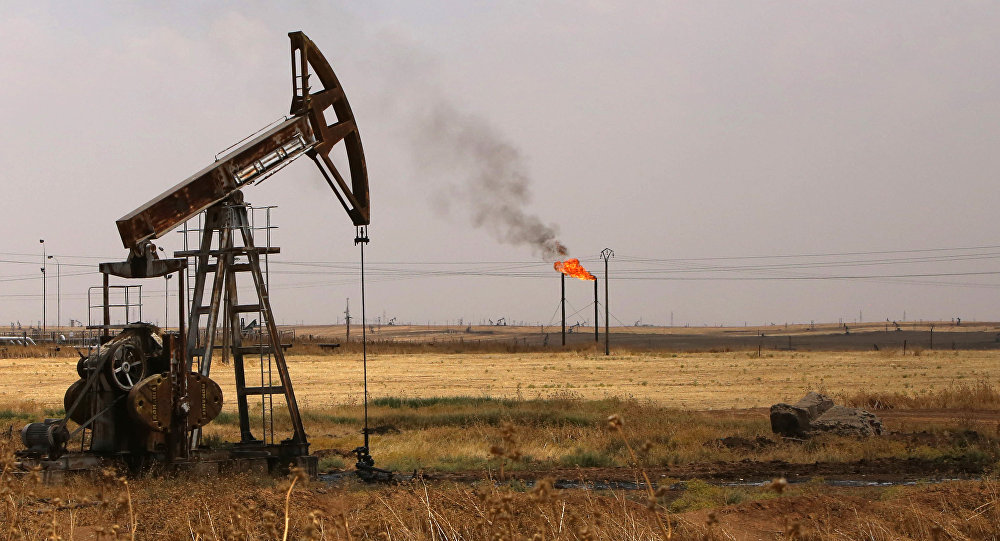
As the year 2016 begins, journalists at Financial Times made several predictions regarding some of the most notable recent political and economic trends.
Syrian President Bashar Assad will most likely remain in power, even if his status as the country’s leader will be largely nominal, says Roula Khalaf. And even though the US and Russia had agreed on a plan for the Syrian conflict settlement that envisages an 18-month transition period prior to new presidential elections, it is fraught with risks.
The political situation in Germany continues to deteriorate as the country has accepted about a million of refugees from the Middle East during the past year, Gideon Rachman remarks. And while Chancellor Angela Merkel received a standing ovation at the conference of her ruling Christian Democratic Party, her colleagues’ support may not be enough to retain her office.
“The cracking point could be a revolt from local governments, who pronounce themselves unable to cope with the numbers. That, in turn, would finally provoke a challenge to the chancellor from within the CDU, making her position untenable,” says Rachman.
Those who believed in a rapid rebound of the oil market during 2015 were gravely disappointed, but things may be not as bad as they seem, Ed Crooks believes. Even though the lifting of sanctions may result in Iran providing more oil to the global market, the financial difficulties of oil producers worldwide have forced them to cancel projects and cut drilling programs, thus reducing future supply of ‘black gold’.
“Brent crude below $50 per barrel is too low for the industry to make the investments needed to meet growing global demand,” Crooks claims. “Providing the world economy does not skid into recession, this looks like being the year that the oil price heads back to more sustainable levels.”